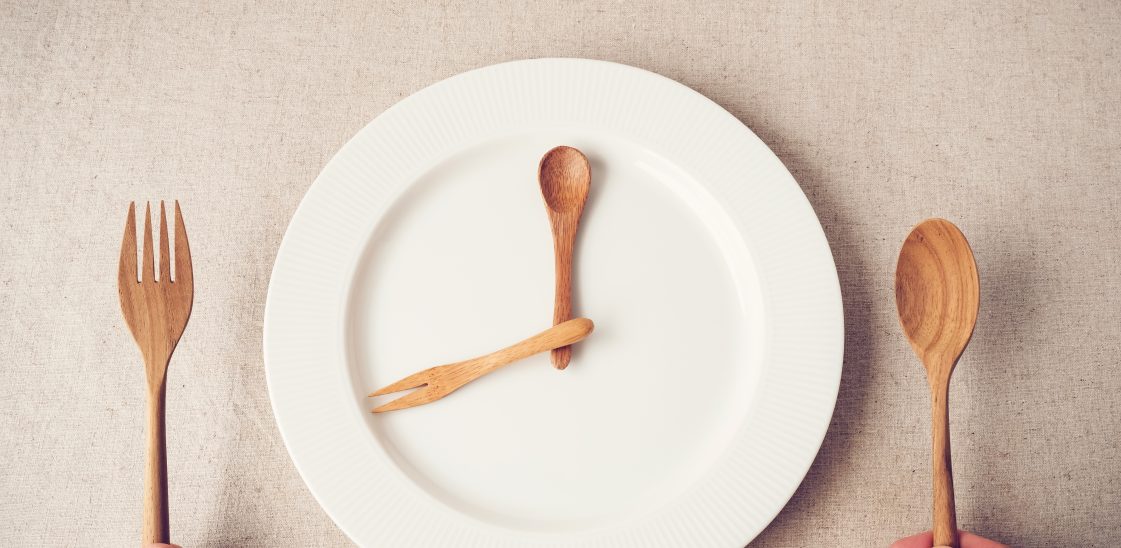
Is fasting good for teeth?
Whether you’re fasting for health reasons or on religious or spiritual grounds, not eating for prolonged periods of time can have a significant impact on the body.
But have you ever thought about what effect fasting can have on your teeth? In this blog post, we explore the relationship between fasting and dental health. We’ll find out if abstaining from food can be good for your teeth and answer other frequently asked questions on this topic.
Is fasting good for your teeth?
Fasting can have a beneficial effect on oral health. For instance, frequent snacking (particularly on high sugar or carbohydrate based foods) is known to be a major contributor to tooth decay and cavities. By reducing the frequency of your food intake, you could reduce your risk of these dental health problems. Early research also indicates that intermittent fasting could reduce inflammation and decrease the risk of gum disease.[1]
However, the picture is mixed as fasting can also lead to dehydration, which can mean less saliva production. This can cause a range of dental problems, from bad breath to tooth decay.[2] In addition, fasting can potentially lead to dental pain and bleeding gums in some cases. Read on to find out more.
Why do my teeth hurt when fasting?
If you’ve experienced sore teeth while fasting – during Ramadan or intermittent fasting, for example, you’re not alone. Many people find themselves clenching their jaws while fasting, which can lead to tooth pain. This may be because not eating can increase your body’s production of the stress hormone cortisol, and we know that stress is one of the main causes of teeth grinding and jaw clenching. It may help to use relaxation techniques such as deep breathing, yoga and meditation. You should also try to get regular exercise, socialise with others and set healthy boundaries when it comes to work and other commitments to help manage stress. If you are concerned about your teeth grinding, it’s advisable to see a dentist for advice.[3]
Does fasting cause bleeding gums?
There are many reasons for painful and bleeding gums, including brushing too hard, not flossing properly and infection. But could fasting be to blame for your bleeding gums? Well, it might be more to do with what you’re eating during your non-fasting hours. If your diet is lacking in vitamin C or vitamin K, for instance, you may be more prone to bleeding gums. These deficiencies are relatively rare but if you are undereating or following a restrictive diet, you may be at risk of developing them. It’s important to make sure that you eat a healthy, balanced diet even if you’re engaging in intermittent fasting or observing religious rituals.
Another cause for bleeding gums is bruxism (teeth grinding). As touched on earlier, fasting can make you more likely to grind your teeth or clench your jaw. Over time, this action can lead to gum disease, which can cause bleeding gums. It’s a good idea to try to lower your stress levels if you find yourself grinding your teeth.[3]
To keep your gums healthy and to reduce your chances of bleeding gums, you should also[4]:
-
- brush your teeth at least twice a day
-
- use DenTek floss picks or interdental brushes to clean between your teeth
-
- visit your dentist and hygienist regularly
-
- change your toothbrush every one to three months.
Can fasting heal teeth?
Yes, in some cases, it’s thought that fasting can help to improve dental health.
Research suggests that intermittent fasting can play a key role in resolving periodontal inflammation and gum disease. It may also help to prevent tooth decay.[1] If you already have cavities in your teeth though, intermittent fasting will not heal them. Less frequent snacking, consuming less sugar and cleaning your teeth properly can help to stop the cavities from getting worse, but ultimately, treatments such as fluoride, fillings, root canal or tooth extraction may be necessary.
Do you have to fast before wisdom teeth removal?
If you’re having your wisdom teeth removed, or any other dental surgery, involving local anaesthetic, there is usually no need to fast ahead of your treatment.
However, if you need to have a general anaesthetic for your surgery, you will be asked to fast beforehand. This is because if you eat something before your operation, it might come back up from your stomach while you’re unconscious and make its way into your lungs.
Patients are normally asked not to eat any food for at least 6 hours before surgery and not to drink any fluids for 2 hours before their operation. However, this can vary and you will be told exactly how long you should fast for before by your medical team.[5]
Resources:
[1] https://pubmed.ncbi.nlm.nih.gov/34463980/ Parveen, Sameena. “Impact of calorie restriction and intermittent fasting on periodontal health.” Periodontology 2000 vol. 87,1 (2021): 315-324. doi:10.1111/prd.12400
[2] https://www.nhs.uk/conditions/dry-mouth/
[3] https://www.nhs.uk/conditions/teeth-grinding/




